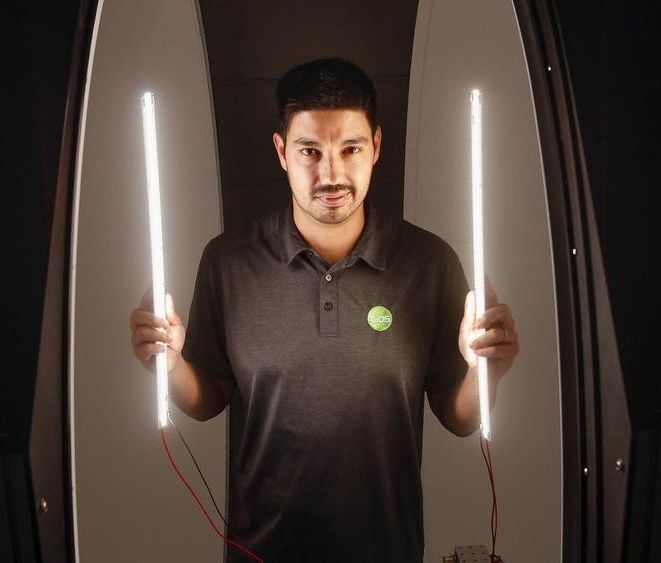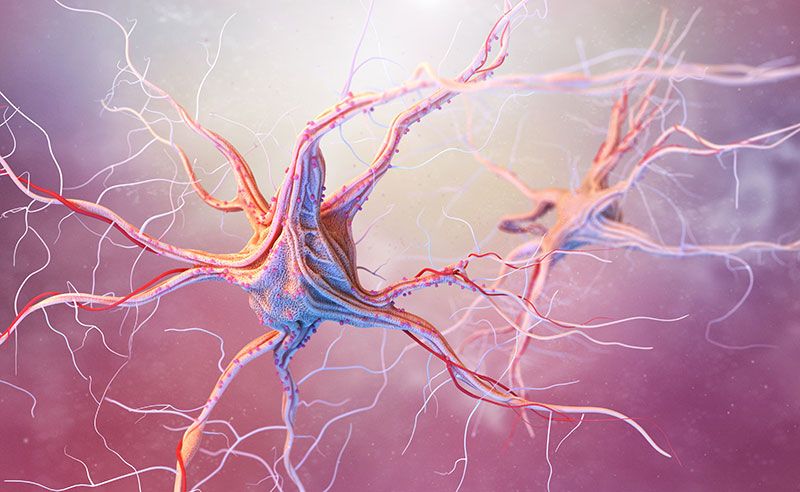Ophthalmology company Kejako (Geneva, Switzerland) has developed what it calls a noninvasive “Phakorestoration” process, whereby a laser patterns the lens of the eye of a presbyopia patient to restore clear vision just at the level needed for the patient to avoid wearing eyeglasses. This Phakorestoration process is repeated at intervals spanning several years over a patient’s lifetime, prolonging glasses-free vision for as long as 20 years.
By modeling the complete optical parameters of the human eye using COMSOL Multiphysics software, a prescription for a series of noninvasive laser procedures for presbyopia patients can provide glasses-free vision for more than 20 years.






